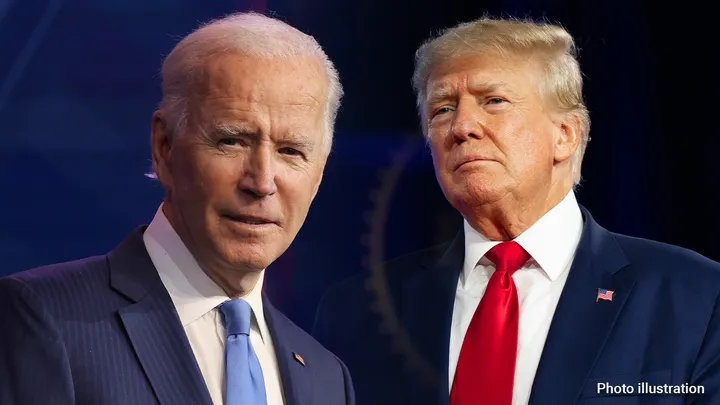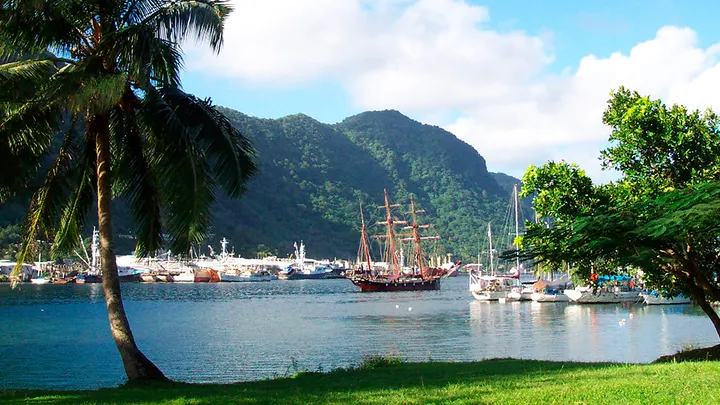Tuesday, Trump is expected to reach the 1,215 delegates needed to clinch the GOP nomination
Donald Trump is solidifying his path to securing the Republican presidential nomination once again.
The latest projection by The Associated Press indicates that the former president is set to win the GOP nominating caucuses in American Samoa, a U.S. territory situated in the Pacific Ocean.
Earlier this week, Trump officially became the presumptive presidential nominee for the Republican Party in 2024. This occurred after his final competitor in the primary race, former U.N. ambassador and former South Carolina Governor Nikki Haley, decided to suspend her campaign.

Before Friday’s contest, the former president had already secured victories in 14 out of the 15 Republican nominating contests held on Super Tuesday. His delegate count heading into Friday’s contest stood at 1,031 delegates, positioning him strongly for the Republican National Convention later this summer.
Related Article: Pro-Palestinian protesters called the president ‘genocide Joe’
The American Samoa caucuses offer nine delegates, adding to the overall delegate count. This further solidifies the former president’s lead in the race for the Republican nomination.
Trump is anticipated to reach the crucial threshold of 1,215 delegates required to secure the Republican nomination on Tuesday. This milestone coincides with GOP nominating contests in four states: Georgia, Hawaii, Mississippi, and Washington.
The Republican National Convention is slated to commence on July 15, 2024, and conclude on July 18, 2024. Milwaukee, Wisconsin, will serve as the host city for this significant event in the political calendar.
American Samoa hosted its Democratic presidential caucuses on Tuesday, marking a significant moment as President Biden faced his first defeat in his seemingly smooth path to renomination.

In an unexpected turn of events, Biden was narrowly surpassed by the extreme long-shot candidate and entrepreneur, Jason Palmer.
The six Democratic delegates at stake were divided evenly between the two candidates, highlighting the competitive nature of the caucuses in American Samoa.